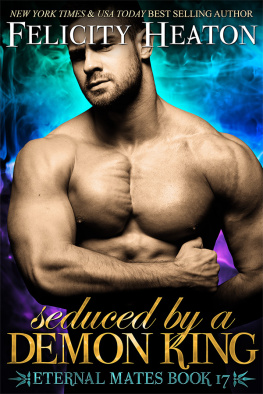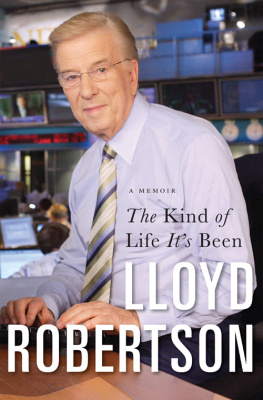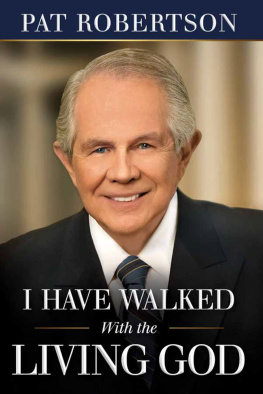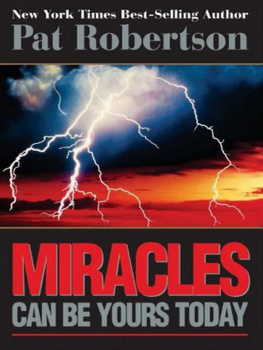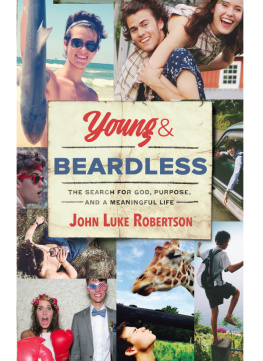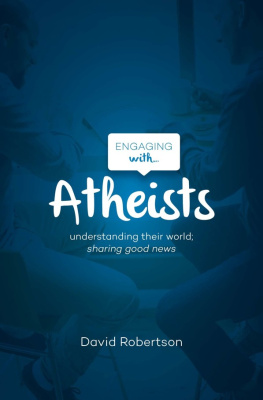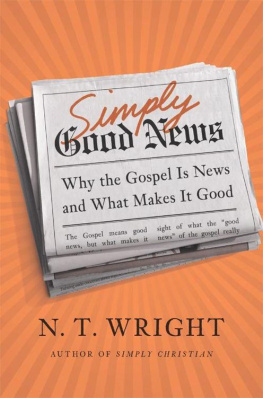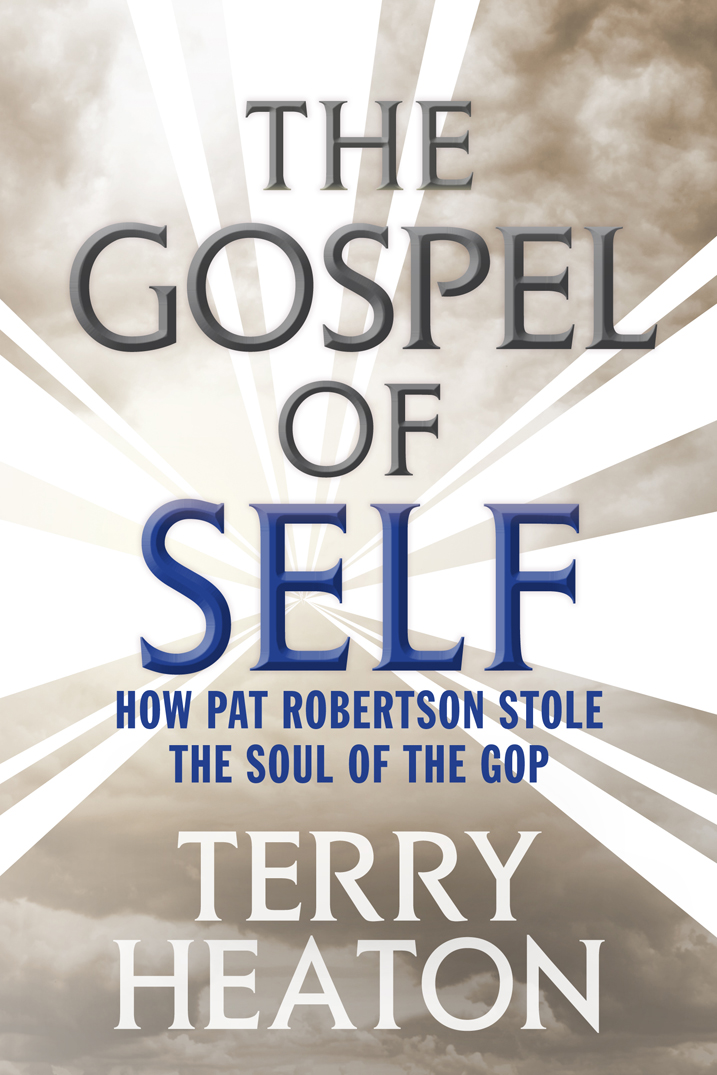Table of Contents
Guide


2017, 2019 Terry Heaton
This is a revised and updated edition of the 2017 book.
Published by OR Books, New York and London
Visit our website at www.orbooks.com
All rights information:
All rights reserved. No part of this book may be reproduced or transmitted in any form or by any means, electronic or mechanical, including photocopy, recording, or any information storage retrieval system, without permission in writing from the publisher, except brief passages for review purposes.
First printing 2019
Cataloging-in-Publication data is available from the Library of Congress.
A catalog record for this book is available from the British Library.
ISBN 978-1-949017-04-5 paperback
ISBN 978-1-949017-05-2 e-book
Text design by Under|Over. Typeset by Lapiz Digital Services.
Published for the book trade by OR Books in partnership with Counterpoint Press.
Distributed to the trade by Publishers Group West.
This is my story. Its one that begins with a quest to be more spiritual and ends with the realization that life is all about becoming more human. Along the way, I had a front-row seat as a participant in one of the most exciting, important, and, it turns out, potentially destructive social movements in human history.
How does one love something so much and yet hate it at the same time?
Table of Contents
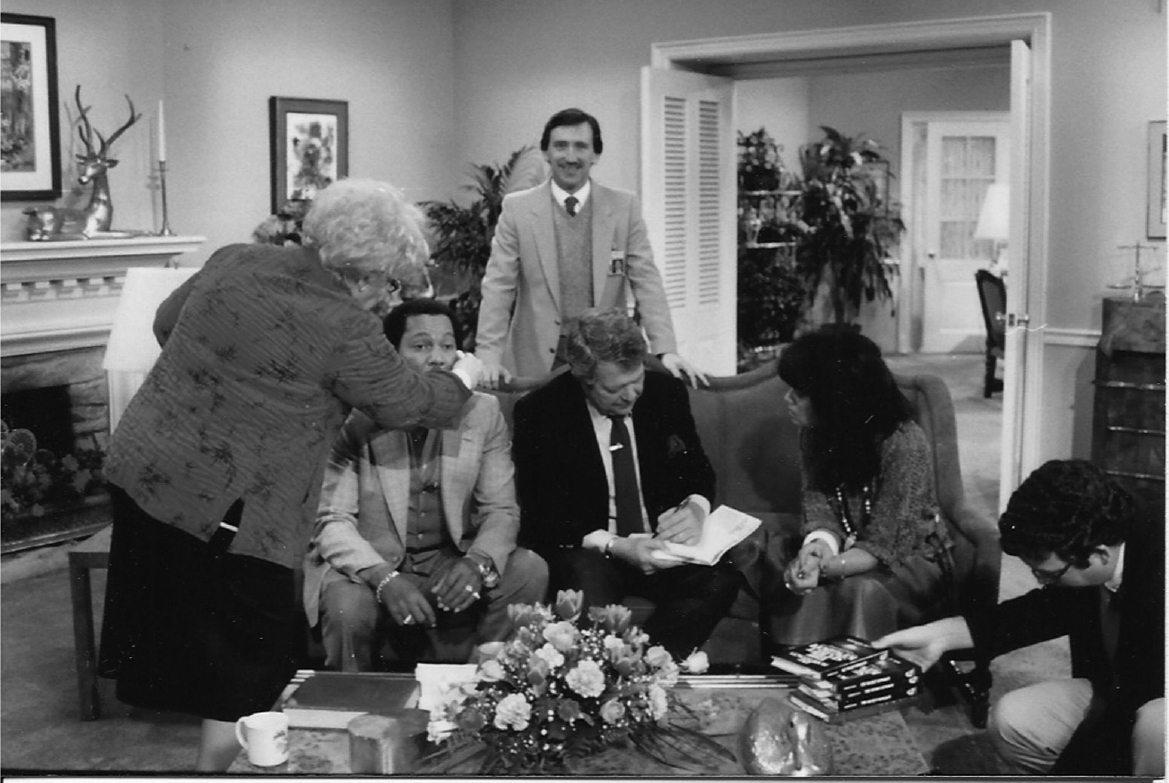
Photo credit: Terry Heaton
(1983) On the set of The 700 Club on location at Universal Studios in Hollywood. The week in Hollywoodhighlighted by a remarkable interview with Donna Summerwas a great team production and won awards in religious broadcasting competitions.
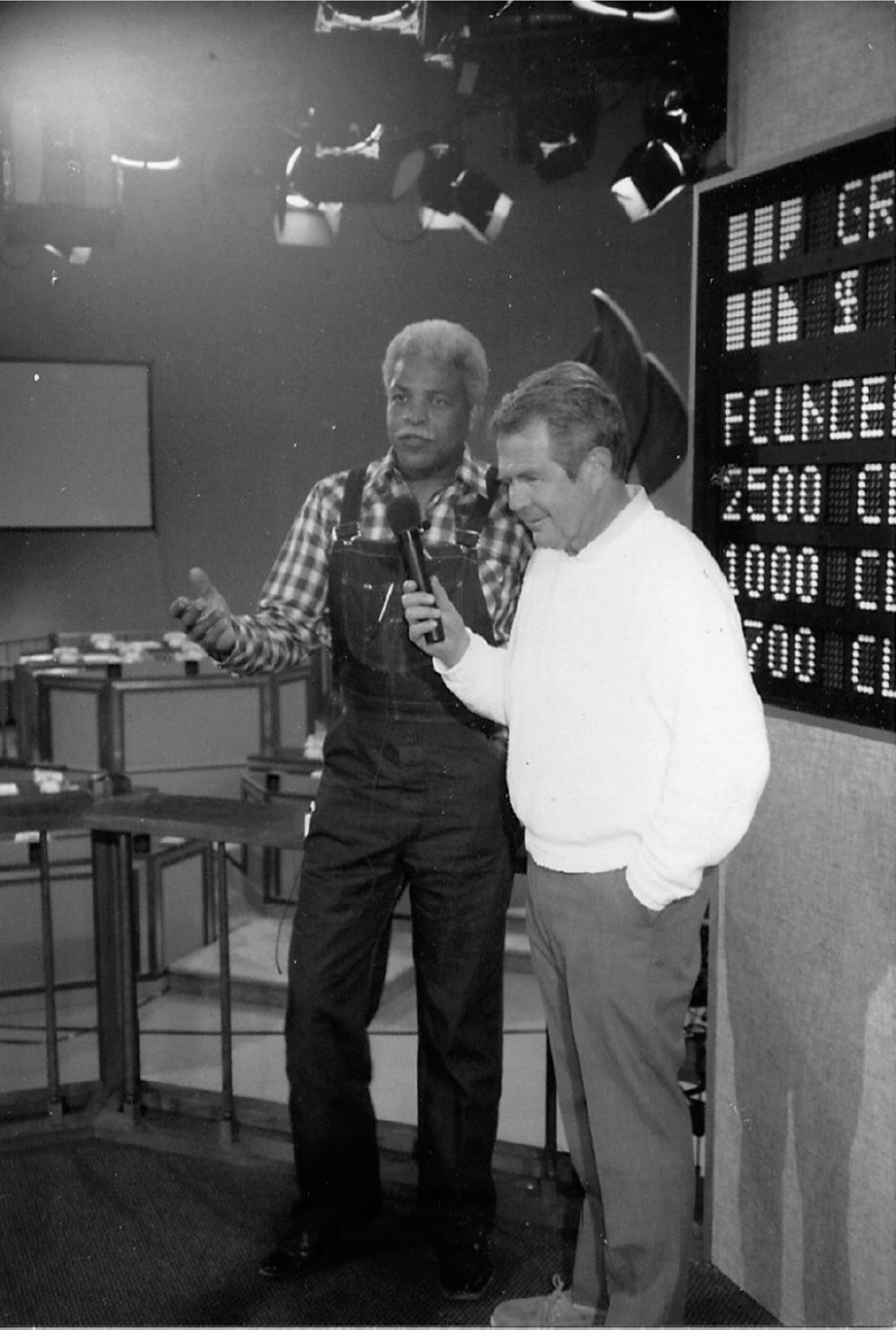
Photo credit: Terry Heaton
(1984) While all telethons were broadcast live, they still required rehearsal primarily for staff, camera blocking, and the control room. Here, Pat Robertson and co-host Ben Kinchlow play at the challenge board.
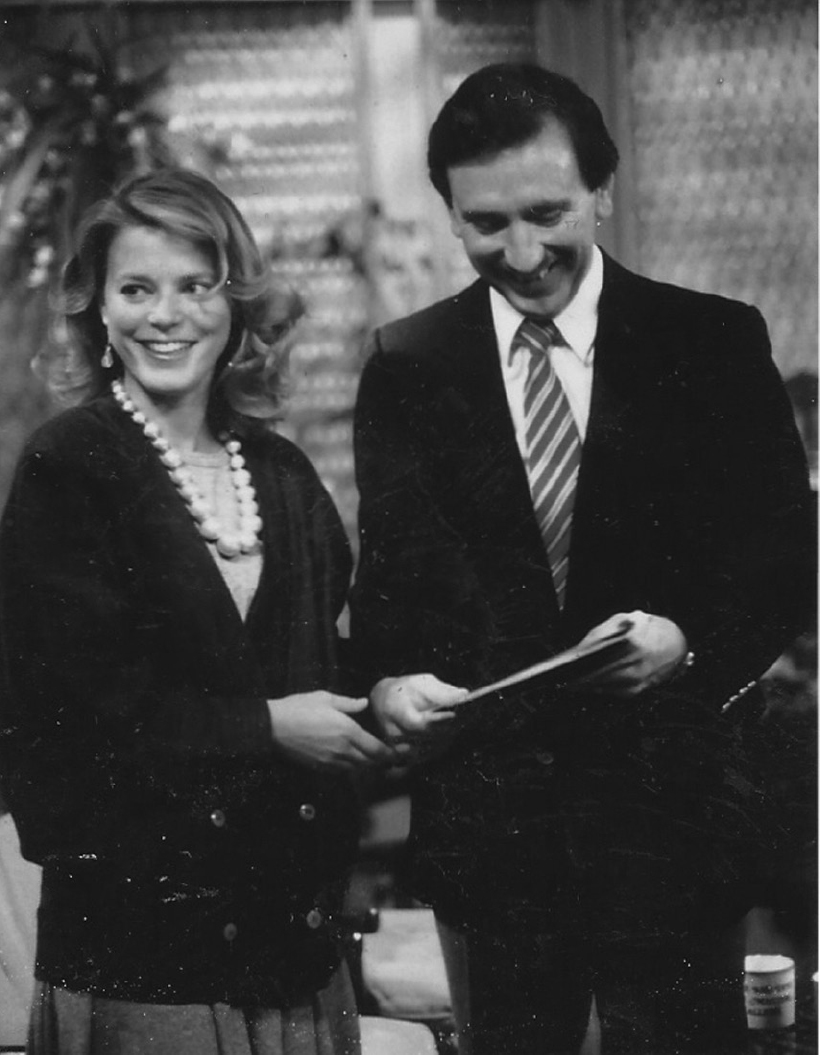
Photo credit: Terry Heaton
(1985) Chris Rylko was my sidekick and producer; this was as our picture was being taken for the newsletter. In my 45 years in television, Chris was the best pure producer I ever had at my side, and were still friends today.
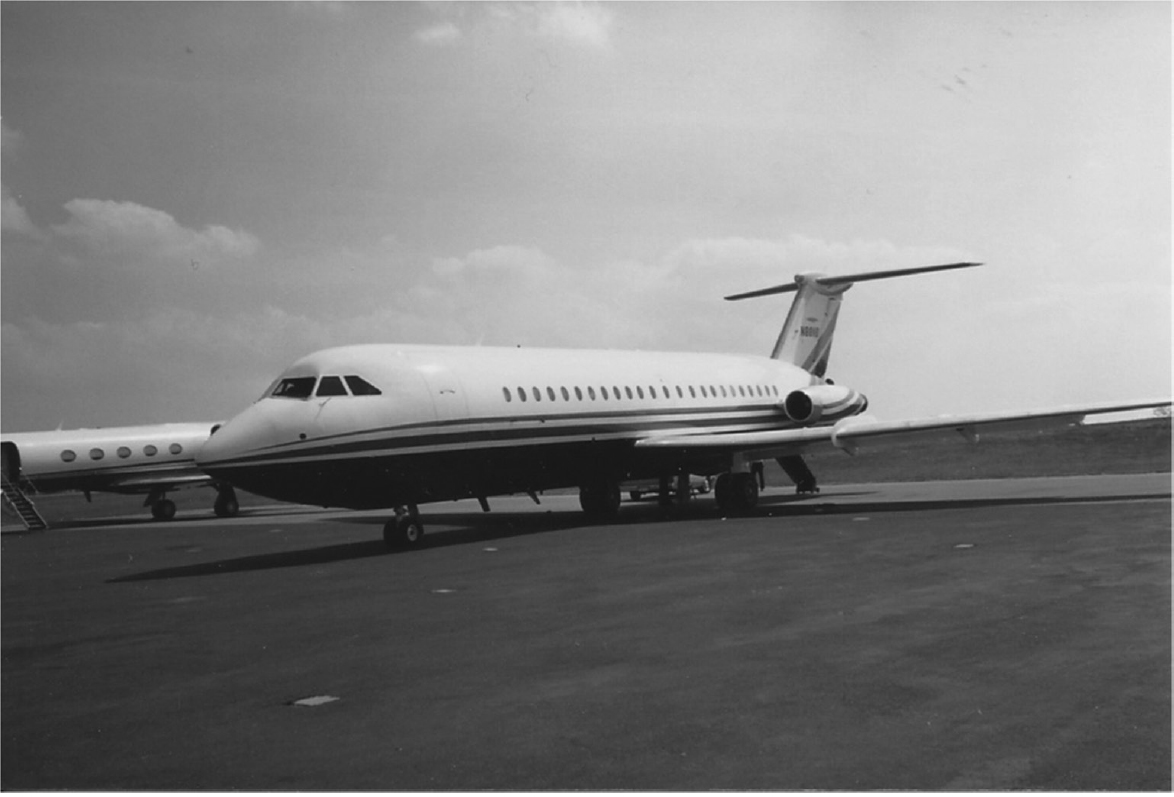
Photo credit: Terry Heaton
(1986) The jet purchased for Pat Robertsons campaign. Formerly owned by country music star Kenny Rogers, the tail number was NB88, which stood for new beginnings 1988. Eight is the Biblical number for new beginnings.
The modern conservative is engaged in one of mans oldest exercises in moral philosophy; that is, the search for a superior moral justification for selfishness.
John Kenneth Galbraith
The evangelists message has always been self-centered, for it preaches the gospel as a means to saving ones own ass from eternal hellfire and damnation in the afterlife. Evangelical Christianity has refined the message over the years and turned it today into the means for blessings in this life as well. What was once a powerful motivator for overall good behavior in the community has become a motivator for obtaining a better position in life, and it has profoundly altered everything in our society from our politics to our treatment of our neighbors. I helped bring this about, for I worked alongside one of the most influential evangelists of modern history.
Marion Gordon Pat Robertson is a political animal that happens to be a Christian evangelist, broadcaster, and television personality. Political smarts flow through his veins as surely as the blood that sustains his body. He was born and raised in the midst of a powerful Virginia political family. His father, Absalom Willis Robertson, was a career conservative Democrata Dixiecrat of the Senator Robert Byrd ilkserving in both the House and the Senate, and Pat was groomed to follow in his footsteps, attending the prestigious McDonogh Preparatory School before Washington and Lee University and eventually Yale Law School. He also served a stint in the Marine Corps as a first lieutenant.
Pat Robertson never passed the bar exam, but instead had a religious conversion. He went to New York Theological Seminary, receiving a Masters in Divinity in 1959. A year later he established the Christian Broadcasting Network (CBN) in Portsmouth, Virginia. He has built a massive television empire since and is one of the most controversial Evangelical Christians on TV, where he practices the charismatic gifts of the spirit, including speaking in tongues and signs and wonders such as healing. But the political animal continued to seek the surface throughout his television ministry, and this would play a huge role in my own life and in the political dynamics of the Republican Party, one that continues to this day.
When I worked with him in the 1980s, we practiced and promoted a brand of Charismatic Christianity that was seen as a breath of fresh air to a faith that had grown stale in every aspect, from its music to its preaching, and we worked long, hard hours to move hearts and souls in the way we felt was right. In so doing, we altered the course of political power in the United States, and it was as natural as our Christian calling. Taking positions on social issues formerly held by conservative Democrats, such as the sanctity of life, religious liberties, patriotism, family, school prayer, and respect for individualism and tradition, we spoke to primarily rural and suburban Christians on behalf of the Republican Party. We presented as Biblical mandates or laws economic views that catered to the haves of culture, teaching that being one of the haves was available for everybody. Our arguments and teachings helped move the GOP to the right on the political spectrum and created a following that continues to baffle even the smartest political analysts in the country who are confounded by how such people would act against their own best interests in giving power to Republicans.
Pat Robertson was a highly intelligent, articulate, well-read, creative, and brilliant man to work for. There wasnt a day that I didnt admire his ability to communicate via live television. The more prepared I was, the better he was able to perform. I was a willing participant in his social engineering, because I agreed with him that the world was going to hell, and I was proud to be at his side in trying to change that. And it didnt matter one bit to me that we crossed lines along the way. I was an experienced news executive, and I knew right from wrong when it came to journalism and the narratives of liberty.
I used that knowledge to bring our daily message right up to the edge of both ethics and the law without embarrassing ourselves. It turned out that my efforts could not protect us from what happened outside my purview. Many hands were involved in our political efforts, and it became evident that they werent guided by the same principles we tried to apply to
Next page

